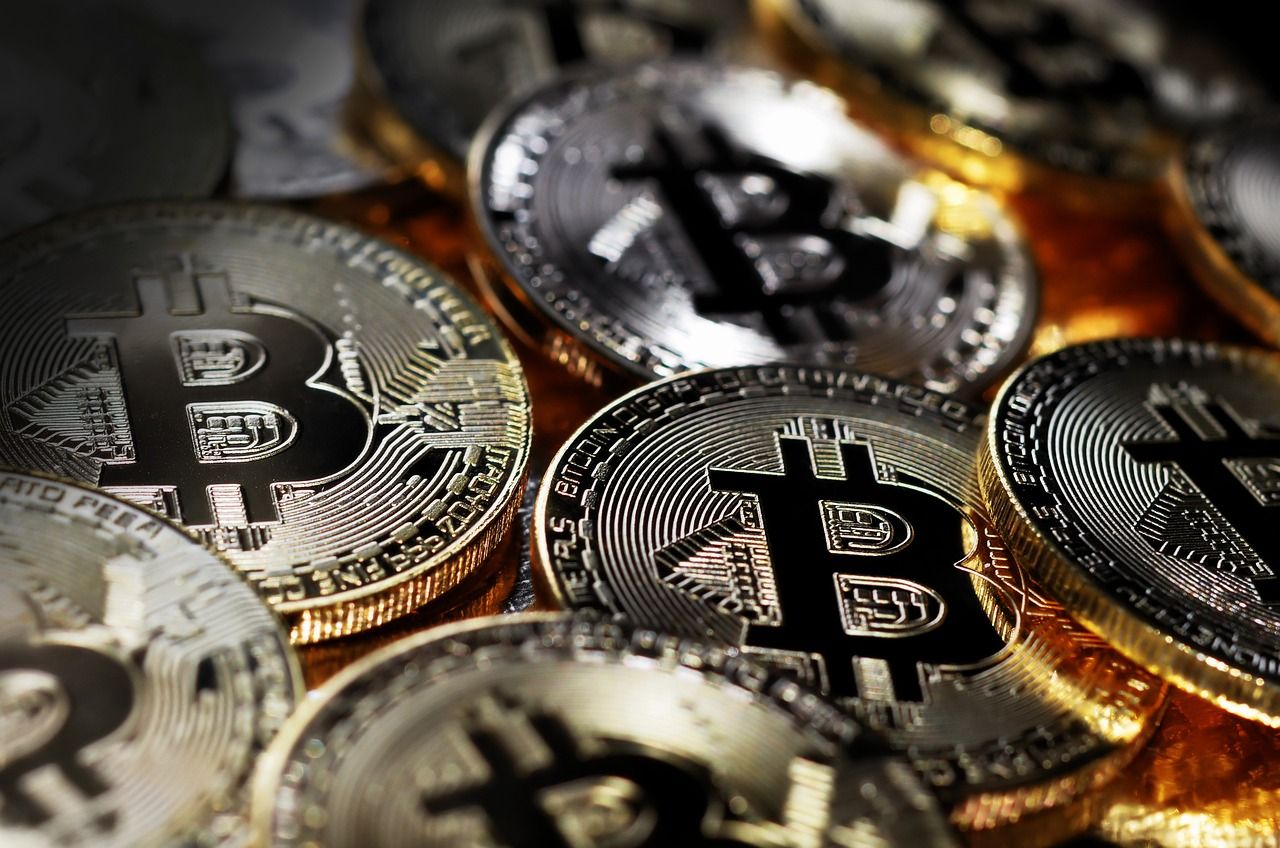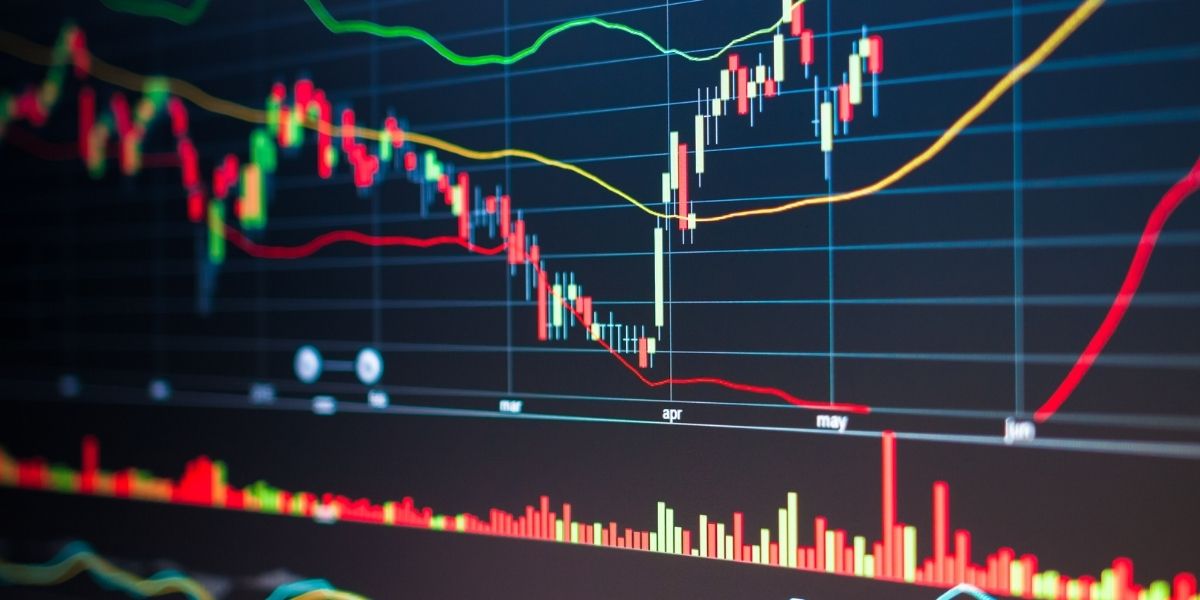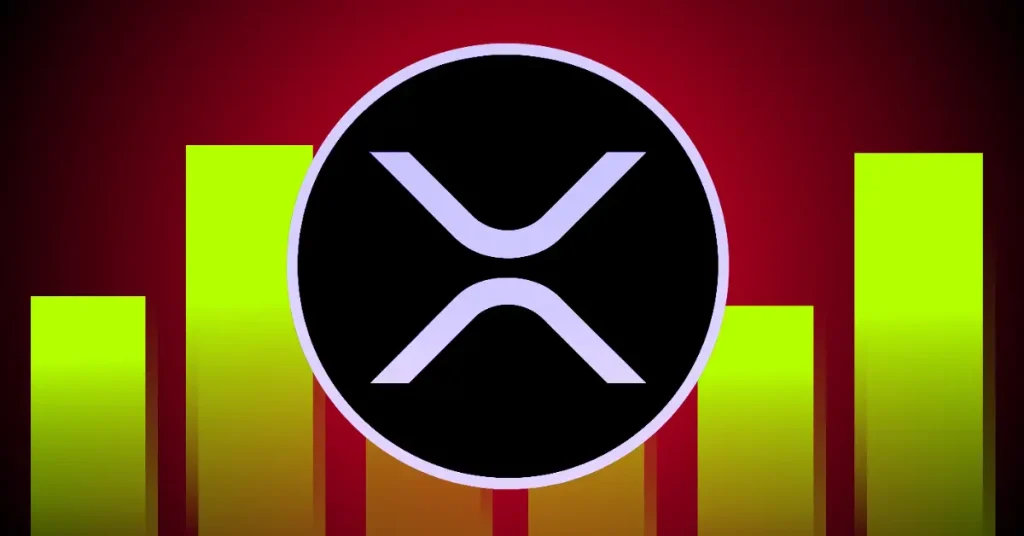
Hong Kong should leverage its “one country, two systems” policy to include Bitcoin in its national reserves, according to Legislative Council member Wu Jiexhuang.
Speaking to local media outlet Wen Wei Po, the legislator said Bitcoin holds the potential to attract foreign investments and talent to the special administrative region while also holding the potential to strengthen the country’s financial stability.
Jiexhuang referred to efforts around the globe across small nations like El Salvador and Bhutan, which have already integrated the flagship cryptocurrency into their reserves.
He also touched upon developments in the United States, where incoming President Donald Trump has vowed to make Bitcoin a reserve asset.
Jiexhuang believes such initiatives by major economic powers could stabilise Bitcoin’s value, prompting other nations to follow suit and reduce their reliance on traditional assets.
He added that this could impact the traditional sector, ultimately “shrinking the government’s fiscal reserves holding traditional assets.”
Further, he compared Bitcoin’s storage convenience to traditional precious metals like gold and silver, arguing that Bitcoin’s lower storage and logistics costs could make it a preferable reserve asset over time.
As such, Jiexhuang is urging Hong Kong to seize a first-mover advantage by exploring the inclusion of Bitcoin in its reserves early in hopes that it could mitigate disruptions caused by adoption across global financial systems.
However, the legislator acknowledged the risks involved with Bitcoin and recommended that it should constitute only a small portion of the reserves.
He suggested leveraging Hong Kong’s unique position under the “one country, two systems” to fuel these efforts.
This unique arrangement grants Hong Kong greater financial and regulatory flexibility, allowing it to experiment with innovative financial strategies—such as integrating Bitcoin into its reserves—without directly impacting mainland China’s financial policies.
He concluded that Hong Kong should carefully monitor developments in the US and adopt a cautious strategy.
“If it is observed that the U.S. continues to increase its Bitcoin holdings, the Hong Kong government should carefully consider holding a proportionate amount of Bitcoin in its reserves.”
It must be noted that China already holds a sizeable portion of the flagship crypto, with its current holdings standing at 190,000, according to Wen Wei Po. This makes the country the second largest holder of Bitcoin after the US.
Bitcoin reserve movement grows strong
Around the world, calls for the creation of Bitcoin reserves have intensified among policymakers, especially since Bitcoin surpassed $100,000 earlier this month.
On December 30, former German Finance Minister Christian Lindner called upon the country’s central bank to include cryptocurrencies like Bitcoin as a reserve asset, building upon MP Joana Cotar’s similar efforts earlier this year.
Elsewhere, French Parliament Member Sarah Knafo said during a December 17 speech that European nations should start considering building a national Bitcoin reserve and focus on developing the crypto-mining industry.
Last month, Polish minister and presidential candidate Sławomir Mentzen vowed to create a Bitcoin reserve and introduce crypto-friendly rules if he’s elected in 2025.
The post Hong Kong calls for creation of a Bitcoin national reserve appeared first on Invezz















 English (US) ·
English (US) ·